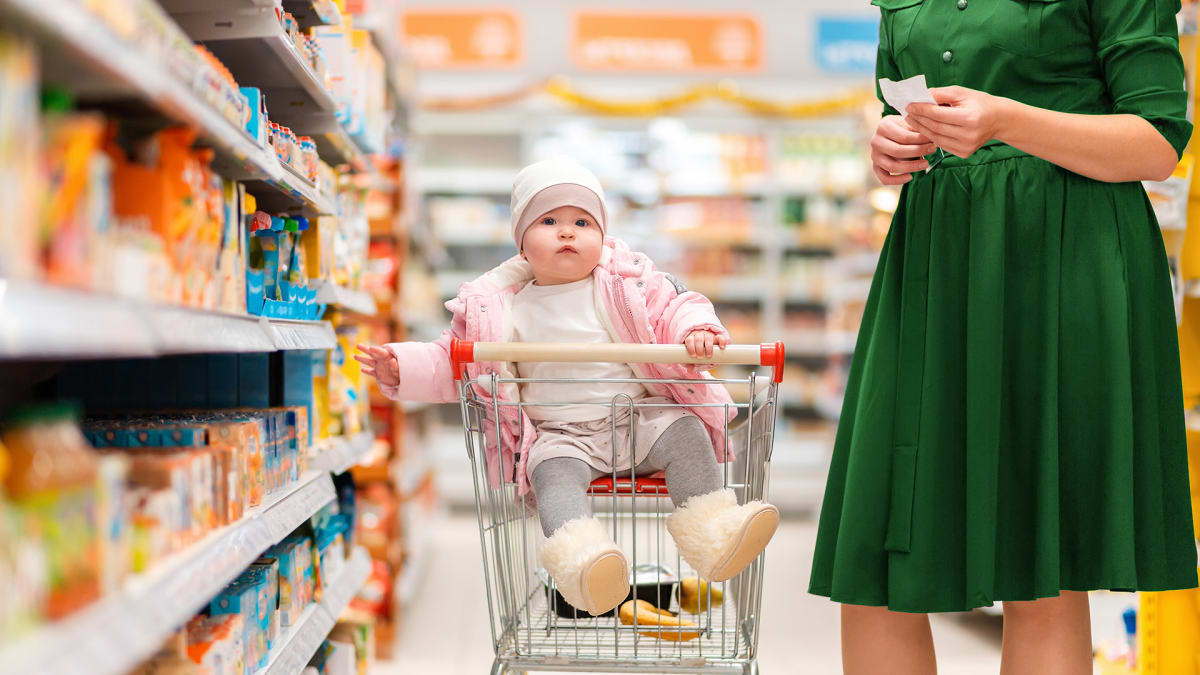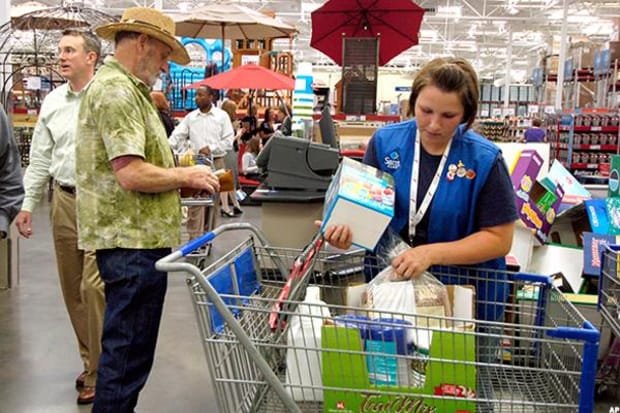
Over the last year, drugstore shoppers in certain cities may have noticed some changes to everything from shampoo and laundry detergent to $2 bags of candy -- many of the items that one could previously pick up and bring to the register are now under lock and key that can only be opened by calling over a store attendant.
Despite some customer protests over the optics and the inconvenience, drugstores like Walgreens (WBA), CVS (CVS) and Rite Aid (RAD) have all said that the move was necessary amid rising shoplifting and crime -- retail consultancy Strategic Resource Group estimated that the average retailer went from having 0.7% to 1% of total sales lost to shoplifting pre-pandemic to between 2% and 3% now.
"We're looking at literally putting everything behind showcases to ensure the products are there for customers who want to buy it," Rite Aid's Chief Revenue Officer Arnaud Persaud said during an October earnings call. "We've even had to go to the extent of using off-duty police officers in some of our stores."
Shoplifting At Big-Box Stores Is On The Rise
Big-box retailers have been slower to lock up certain products but have been no less affected by rising shoplifting. During a recent earnings call, Target (TGT) Chief Financial Officer Michael Fiddelke told investors that the chain lost more than $400 million in profits over the last fiscal year after shoplifting rates jumped by more than 50%.
"We know we're not alone across retail in seeing a trend that I think has gotten increasingly worse over the last 12 to 18 months," Fiddelke said. He blamed organized shoplifting groups coming into stores to institute raids for much of the surge.
Walmart (WMT) leaders also said that the majority of theft is done by organized criminals rather than individuals walking amid the shelves and picking up a bag of cookies or a lipstick.
"We've got safety measures, security measures that we've put in place by store location," Walmart CEO Doug McMillon told CNBC. "I think local law enforcement being staffed and being a good partner is part of that equation, and that’s normally how we approach it."
McMillon added that the company was working to crack down in certain stores where shoplifting is highest but that "prices will be higher, and/or stores will close" if the situation does not get better.

Image source: TheStreet.
The Political Side Of Getting Tough On Shoplifting
Retailers that lock down items, and corporate shoplifting responses in particular, is an issue that's often and heavily politicized -- those on the right often blame liberal leadership for being "soft on crime" in certain cities in general.
Those on the other end of the spectrum, meanwhile, often criticize crackdowns that hit individuals for petty theft rather than looking at the policies that lead to shoplifting in the first place.
But while poverty and homelessness are both on the rise, it's the "raids" and organized shoplifting that cause the most damage and also pose safety risks to staff working inside the stores.
"Think about retailers that are staffed predominantly by women, like cosmetics stores and high-end fashion," Cory Lowe, a research scientist at the Loss Prevention Research Council, told CNN in January. "Criminals target these stores because these are high-dollar items and they anticipate little pushback from the staff. But the fear makes it difficult to keep employees."







